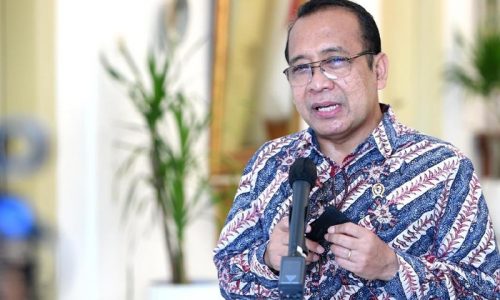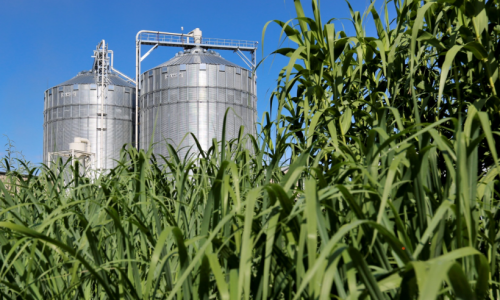Real estate company PT Intiland Development Tbk (DILD) allocates IDR 1 trillion Capital expenditure (Capex) for the development of residential projects in the country’s two major cities of Jakarta and Surabaya.
Established in 1987, Intiland operates focuses on real estate business and investment in the property industry. The company is a subsidiary of the Intiland Group. Its portfolio includes Serenia Hills housing complex and the operation of Grand Whiz Hotel in South Jakarta, Whiz Hotel Semarang and Whiz Hotel Yogyakarta.
Residential project in Surabaya
“In 2023, we will focus more on developing landed house and industrial estate projects. We have no plans and are not interested in expanding the mall business this year,” Intiland Development Chief Investment Officer Archied Noto Pradono said on January 29, 2023, as quoted by Kontan.co.id.
Several projects are currently underway in Surabaya, including the development of the Amesta Living. The project is one of the large-scale integrated mixed-use developments on a 60-hectare area. It is a well-rounded community that offers a range of real estate solutions, including houses, apartments, retail spaces, commercial areas, SOHO units, offices and a shopping center designed for a lifestyle.
The Amesta Living development is proceeding in several phases. The first stage encompasses the building of the area’s infrastructure such as roads, water channels, a water promenade, public amenities, sample homes and sales offices. Currently, Intiland is in the process of constructing 280 houses that were sold during the first sales phase. The company will sell the units to consumers in several phases.
Apartment and TOD project in Greater Jakarta
The South Quarter Residence (SQ Rés) apartment development project, which is located in South Jakarta, targets the handover of units to consumers in the second quarter of 2023. The SQ Rés Apartment is one of Intiland’s newest development portfolios in the mixed-use and high rise segments.
The construction of SQ Rés started in 2019. It included two towers of 23 floors each, occupying an area of 1.3 hectares. SQ Res is a phase II development of the South Quarter integrated office area covering an area of 7.1 hectares. The developer plans to continue grow the area to more than 13 hectares.
Another project is the development of Transit-Oriented Development (TOD) in Talaga Bestari, Tangerang, which is part of the Greater Jakarta (Jabodetabek). It is in parallel with the construction and development of a Mass-Rapid Transport (MRT). The station will be the MRT Cibadak, which will connect Balaraja-Cikarang, part of the East-West MRT route.
Risks in real estate industry
There are several risks in the real estate market in Jakarta and Surabaya, that may affect Intiland’s business. The risks in Jakarta include:
- Economic stability: Jakarta’s real estate market is expected to remain stable in 2023, driven by the city’s strong economy and growing middle-class population. The government’s efforts to improve infrastructure and attract foreign investment are also likely to contribute to the industry’s growth.
- Property prices: Despite the stable market, property prices are expected to rise in 2023, driven by the increasing demand for residential properties. The rise in prices may be attributed to the growing number of people moving to the city, as well as a shortage of available land for new developments.
Risks in Surabaya include:
- Competition: The real estate industry is expected to face increasing competition in 2023, as more developers enter the market and offer a wider range of properties. This may lead to lower profit margins for companies operating in the industry and could also impact the prices of properties.
- Economic uncertainty: The economic situation in Indonesia and the wider region could also pose a risk to the real estate industry in the city in 2023. Any fluctuations in the economy or changes in government policies could have a negative impact on the industry and cause uncertainty for investors and buyers.
On the other hand, there are also risks in real estate regulations by 2023, which include:
- Stringent regulations: The residential and real estate industry in Indonesia is subject to a range of regulations, including building codes, zoning laws and environmental regulations. These regulations can be complex and change frequently, which can create challenges for developers and investors and increase the cost of doing business in the industry.
- Implementation challenges: The implementation and enforcement can be challenging in Indonesia, particularly in rural areas and remote locations. This can create uncertainty for developers and investors, who may struggle to navigate the regulatory landscape and may be at risk of non-compliance. This can negatively impact the development of the industry and potentially result in legal or financial consequences.









